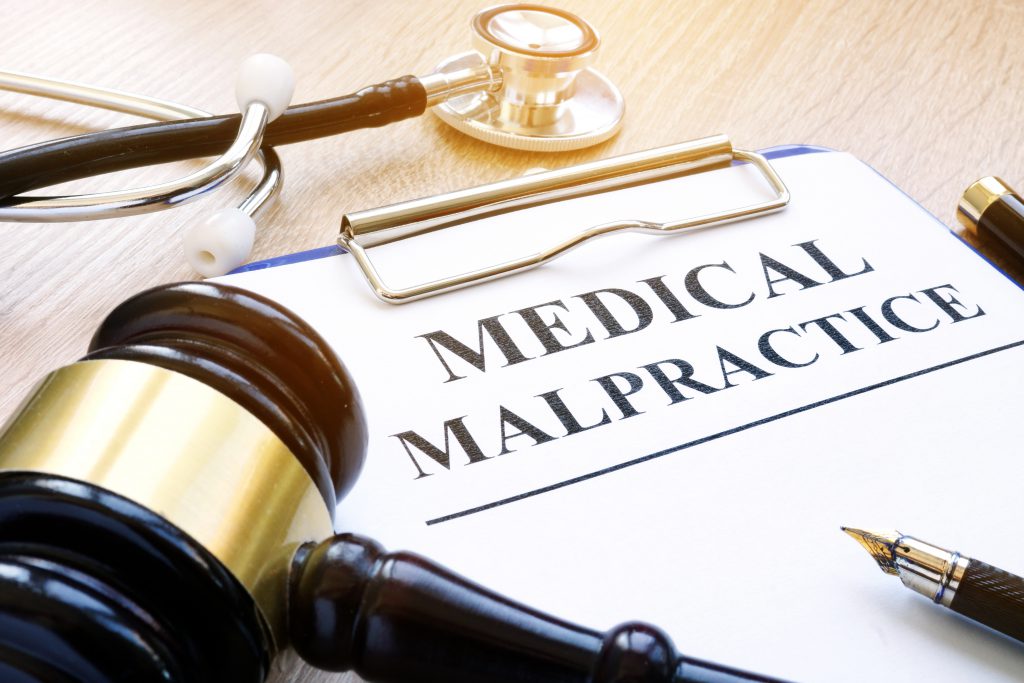The United States is no stranger to medical malpractice and negligence in medical billing. In just last year, the Department of Justice recovered over $2.2 billion from False Claims Act (FCA) cases. These violations usually involve unethical medical billing practices.

Common Violations
To minimize the risk of getting sued, we have listed the top two of the most common violations related to medical billing.
Upcoding
If you run a clinic or any medical practice institution, then you probably already have a medical coder working with you in your team. Any Medicare-certified health service provider is required to have one because you need to use the proper medical codes in order to file claims.
That said, given how complicated and long those lists of codes are, there are bound to be errors and they are more prone to abusive practices as well. So it is no longer surprising why upcoding is one of the most common types of FCA fraud that healthcare fraud lawyer often hear.
As a certified health service provider, it becomes negligence on your part if you do not implement any standards in your clinic and do not comply with the standards set by the government agencies partnered with Medicare/Medicaid.
You run the risk of malpractice if you intentionally misuse these medical codes for your own benefit.
Take the case of a Malden physician who had to repay over $50,000 for the repayment he received through upcoding. An Office of State Auditor found that the physician was misusing medical codes and billing his patients’ higher rates for minor cases like coughs and sore throats.
Apart from repayment, there have been several cases in the past where physicians were stripped off of their medical licenses due to unethical billing and malpractice.
Phantom Invoicing
The most blatant form of fraud and unethical medical billing is phantom charges. This type of fraud happens when a Medicare service provider submits a claim to service that was never needed nor received.
It is an abusive practice that harms both the insurers and patients. Even though the insurance company is usually the one paying for these charges, it can damage the patient/owner of the insurance too. These phantom charges affect the patient’s insurance limit, have their caps lowered, and might not even qualify for the medical procedure that they would need in the future.
Since phantom charges are often intentional, a number of medical professionals have already gone to prison and disbarred from participating in any federal healthcare programs.
An example of this is when a physician in New Jersey admitted that he billed Medicare for services he never provided or rendered to his patients for three years. According to the statement released by the State of New Jersey, that same physician was added to the debarment list and he can no longer participate in any Medicare, Medicaid, and other federal healthcare programs under the Social Security Act.
These types of penalties are proof that both the federal and state government has been trying for many years to curb and minimize fraud in our healthcare system.
So this just goes without saying that all medical service providers must adhere to the standards set by the federal and state governments. By simply following the rules, you can avoid paying hefty fines and not face these harsh sanctions in the future.
Preventing Malpractice and Negligence
Well, medical billing outsourcing services can be of help in case you are thinking about streamlining the billing process. Moreover, here are a few tips on how to prevent malpractice and negligence in medical billing
Attend Seminars/Training
Given that unethical billing is often traced back to misuse of codes, it would be in your best interest to attend or have your medical coder attend a seminar/training at least once a year. Because while medical coders are trained professionals, they are still prone to human error.
On top of that, the Center for Medicare & Medicaid Services and American Medical Association might change or introduce provisions to the Healthcare Common Procedure Coding System (HCPCS) and the Current Procedural Terminology (CPT®) codes.
Conduct Internal Audit Regularly
One of the reasons why providers make unintentional billing errors is due to a lack of oversight. So in order to avoid violations and fines, you should always make sure that your clinic is always in compliance. This way, you can look out for potential problems and immediately find ways to correct them.
Regularly Check and Update Your Documentation System
Every service provider must have an organized and updated documentation system in place. This would not only help avoid medical billing errors but would also enable medical professionals to treat their patients more accurately and efficiently.
Conclusion
At the end of the day, every medical service provider has a great responsibility to play. Apart from ensuring that their patients are always receiving the highest quality of care, they must also make sure that their staff and colleagues always adhere to the billing regulations set by the Federal and state government.

